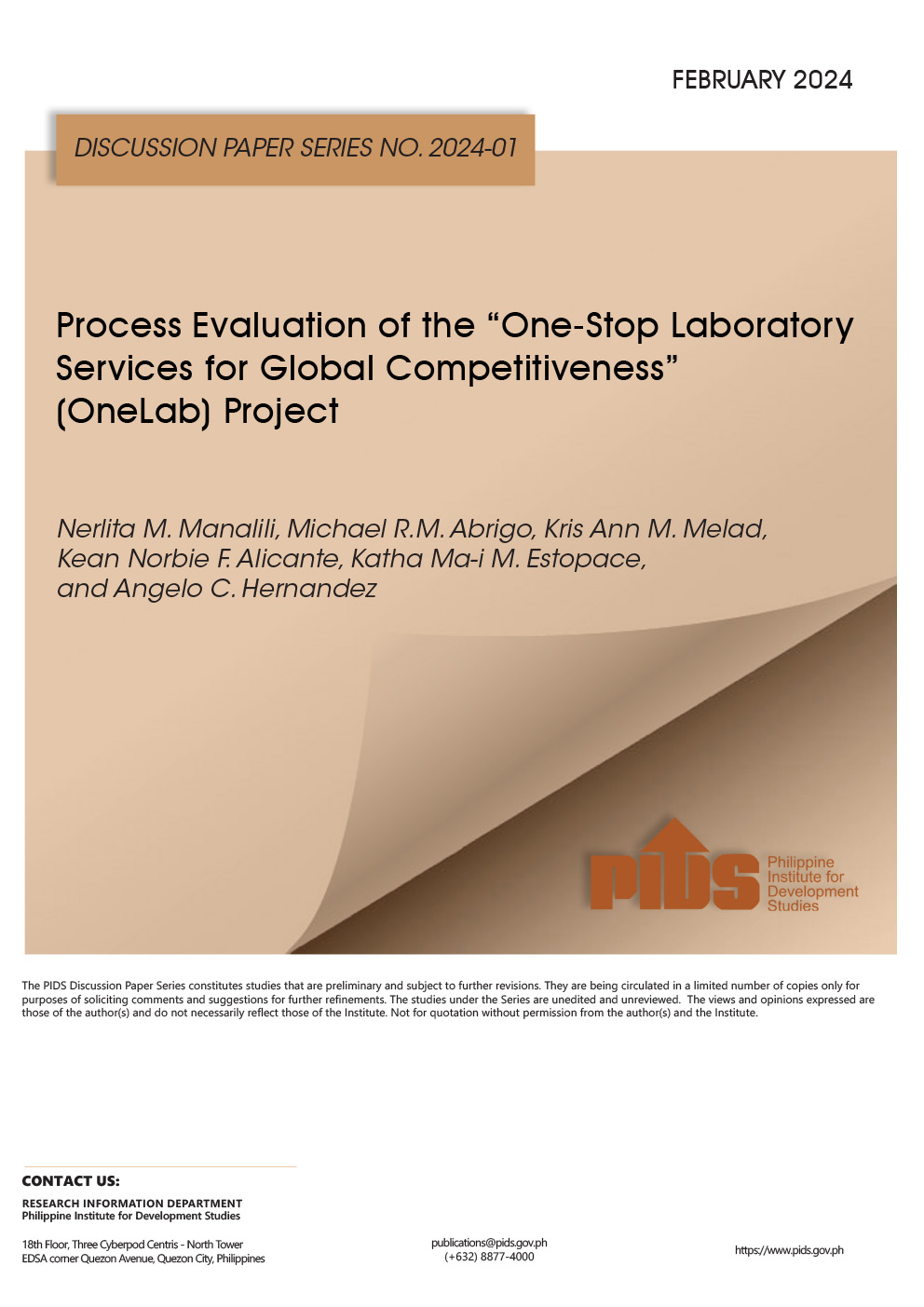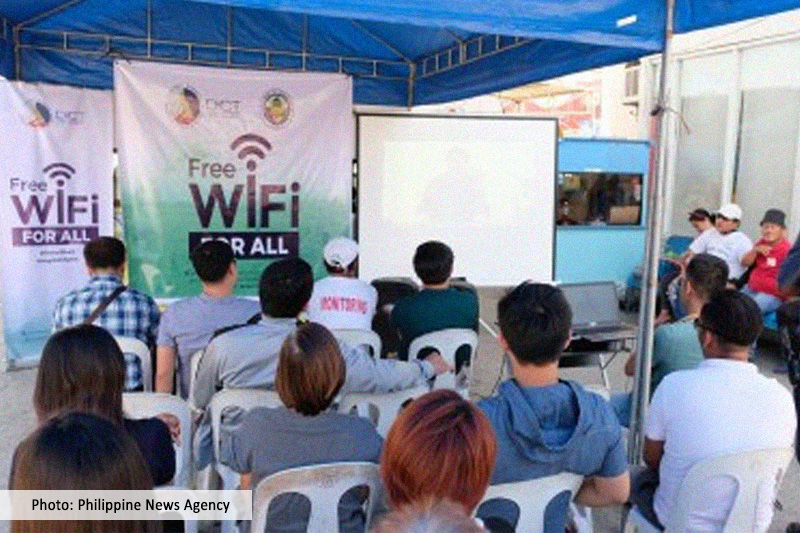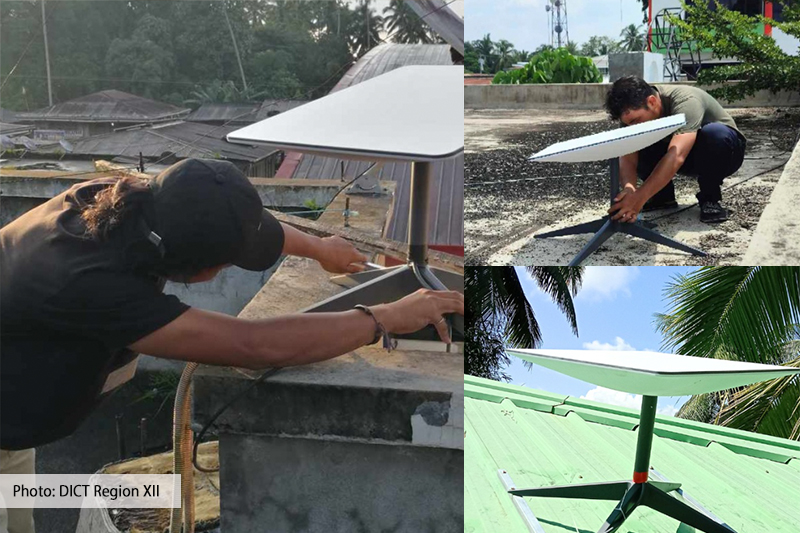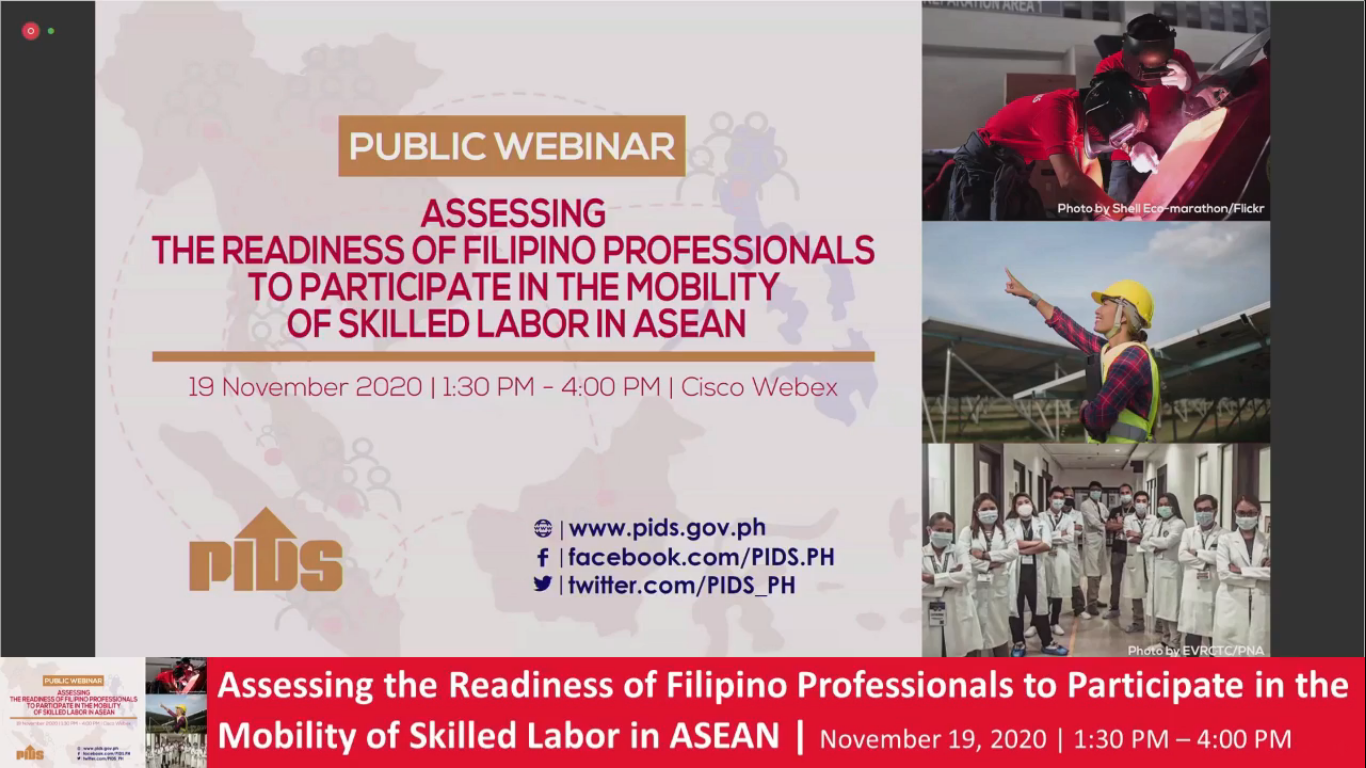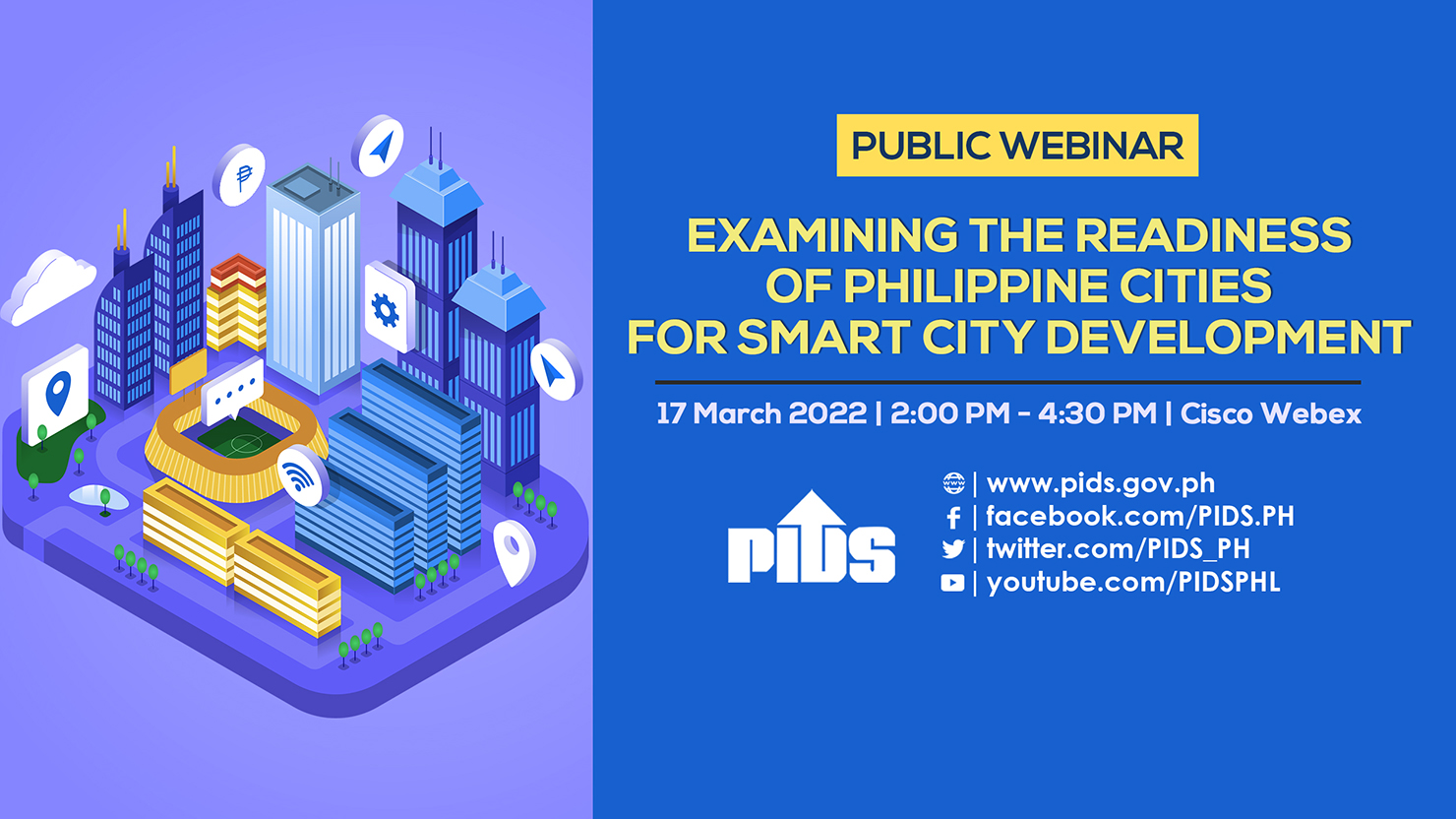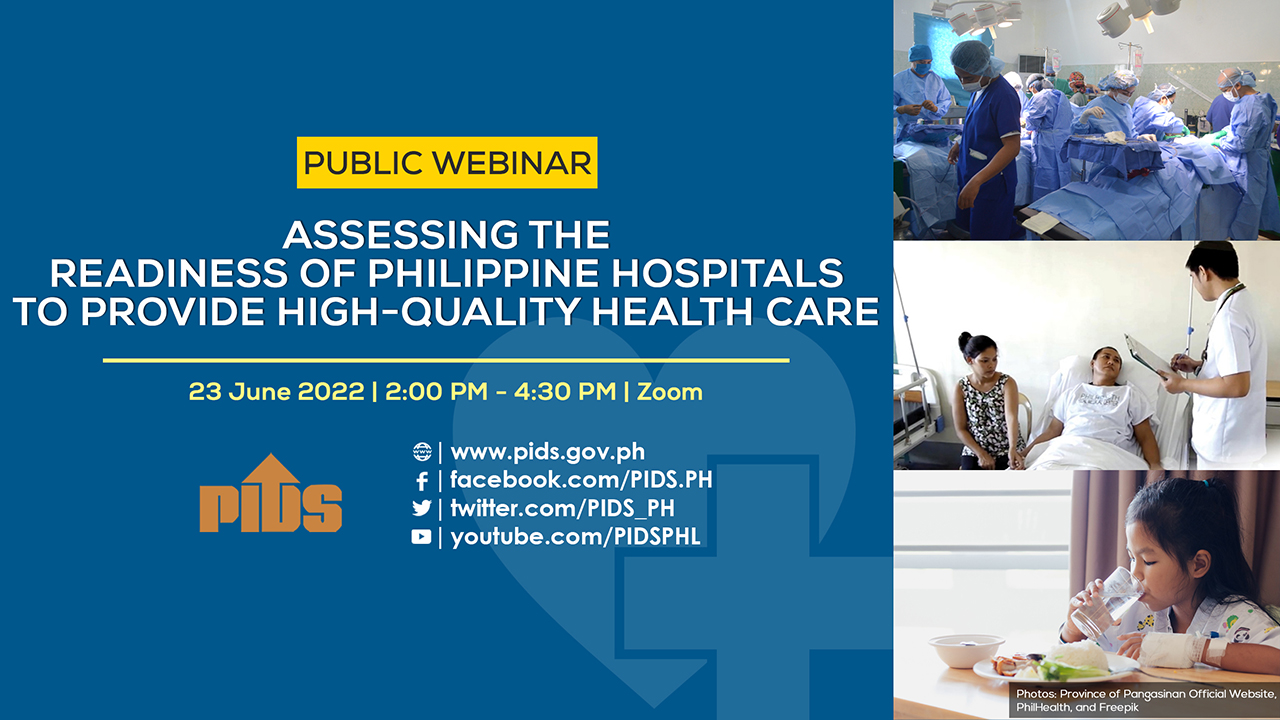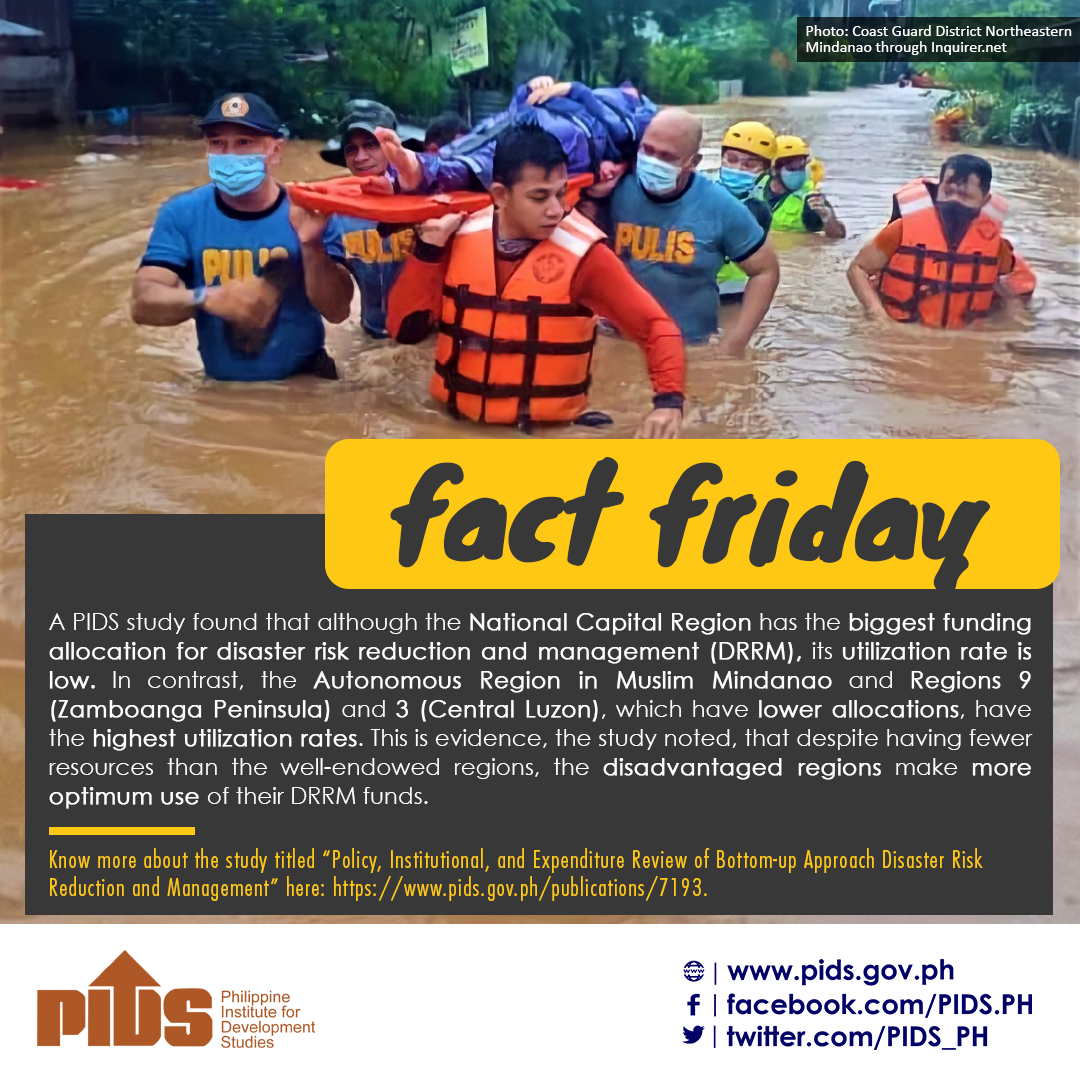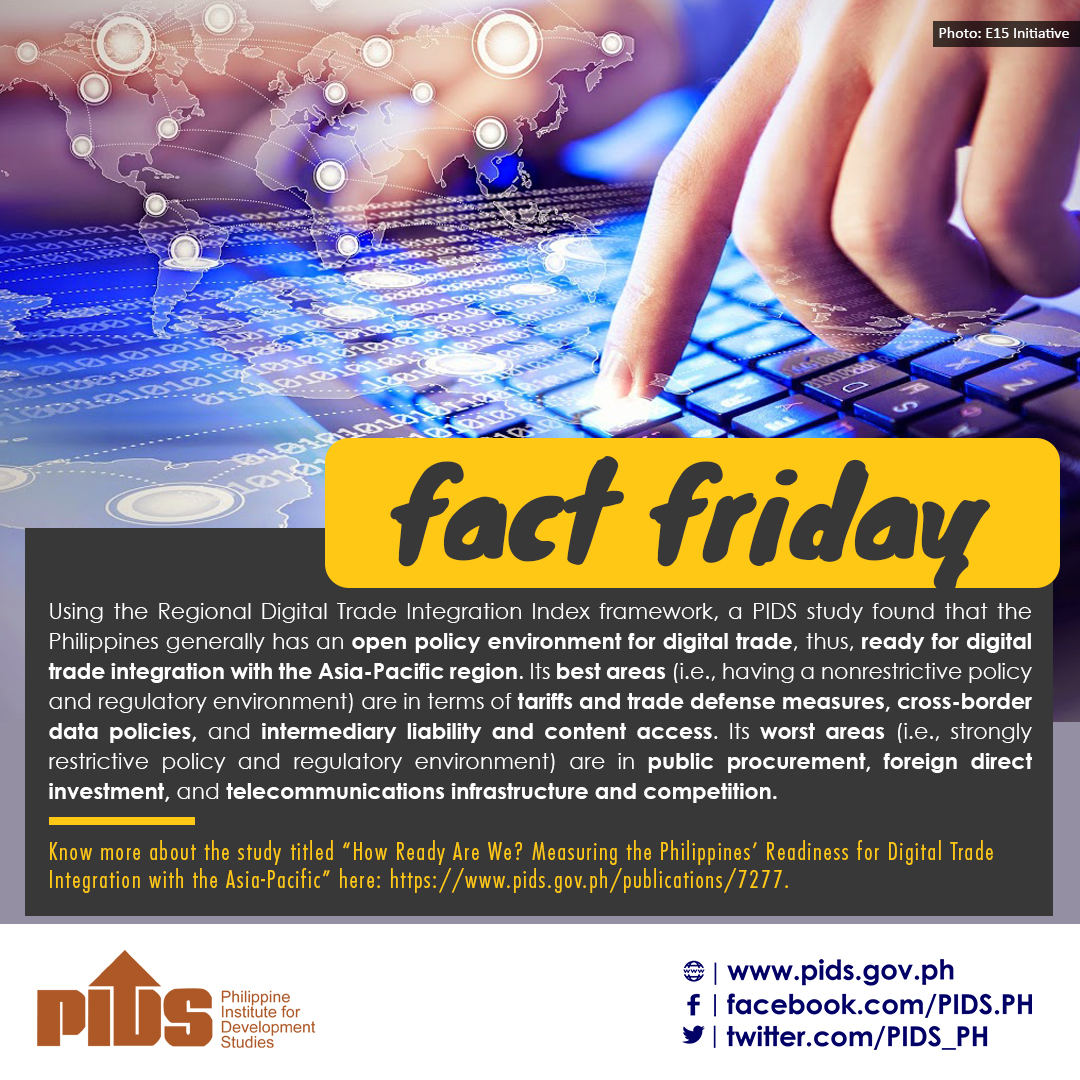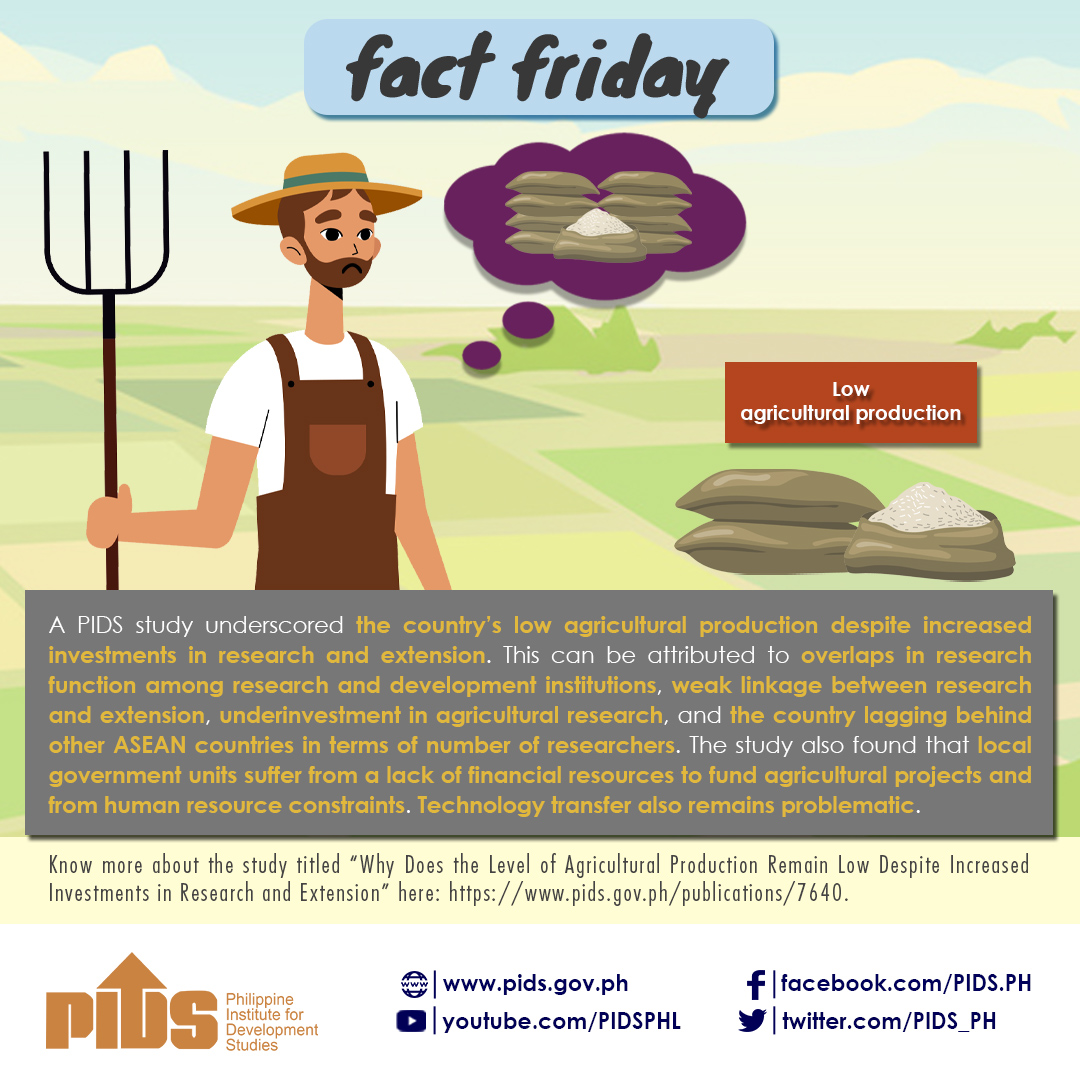
How prepared is the Philippines for the Fourth Industrial Revolution (FIRe), also known as Industry 4.0? Based on the World Economic Forum’s (WEF) Readiness for the Future of Production Report 2018, the Philippines has a low level of readiness for future production, characterized by weak performances in terms of technology and innovation, human capital, and institutional framework, among others.
According to the WEF, a country must have the ability to capitalize on future production opportunities, mitigate risks and challenges, and be resilient and quick in responding to unknown future shocks brought by FIRe.
The same report notes that the progress of a developing country like the Philippines depends on its ability to absorb technology. Several factors that may affect a country’s absorptive capacity include the availability of a technologically literate workforce, business climate conducive to investment and the creation and expansion of firms using high-technology processes, access to capital, management appetite for innovation in both the public and private sectors, and regulatory frameworks supportive of innovation, among others.
The Philippines, thus, has to focus on establishing a solid basic foundation for sustained learning and on accumulating various types of capital, while progressively and systematically closing the existing technological and knowledge gaps.
In a research paper of the Philippine Institute for Development Studies (PIDS) titled “Preparing the Philippines for the Fourth Industrial Revolution: A scoping study”, the authors emphasized that in order for the country to catch up with emerging technologies and realize the benefits that come with FIRe, the Philippines has to be open to international trade and investment, which can be useful in the rapid transfer of technology and innovations. The study also suggests the need to reduce anti-competition practices and encourage more competition in key industries like information and communications technology.
The authors of the scoping paper, which include PIDS Senior Research Fellows Ramonette Serafica and Jose Ramon Albert, also stressed the value of having better educated and more trainable workers, as well as a more flexible and less costly labor market regulatory environment in the Philippines.
They also emphasized the importance of education and training systems in both the government and private sectors to produce a competitive and adaptive human capital. Apart from this, the PIDS study also underscored the need to establish universal social protection to keep the people secure, especially the poor and vulnerable, in the midst of unprecedented business and employment disruptions. The authors also urged government to invest more in data collection, monitoring, testing, and evaluation.
While the Philippines has still a long way to go in terms of the FIRe, the country has already been implementing several programs and policies related to innovation. An example of this is the Science for Change Program of the Department of Science and Technology (DOST). The country has also passed a number of laws to protect and give more incentives to scientists, inventors, and engineers, such as the Technology Transfer Act (Republic Act 10055). The approval of the Balik Scientist Law (Republic Act 11035) will also strengthen the Balik Scientist Program, which aims to motivate expatriate S&T professionals to return to the Philippines for short- and long-term visits to share their expertise.
In terms of industry-related strategies, the Department of Trade and Industry (DTI) established the Inclusive, Innovation-led Industry Strategy (i3S or “i-cube”). The i-cube is an upgraded framework of the Comprehensive National Industrial Strategy that aims to encourage industries to foster an innovation-centered ecosystem, among other things.
As to the application and adoption of new technologies in the country, some expensive houses and high-end condominiums in the Philippines are using Internet of Things devices. Smart farms also employ this type of technology. In fact, the National Institute of Molecular Biology and Biotechnology under the University of the Philippines Los Banos makes use of biofertilizers, vaccines, antibiotics, and biopesticides with synthetic biology.
Moreover, the Philippine government, through the Department of Information and Communications Technology, has also established the government cloud (GovCloud) to facilitate easier exchanges of resources and documents among government offices. For instance, if the DTI and a local government unit is connected to the same cloud, duplication of documentary requirements will be reduced, and so are the costs. The GovCloud also offers PhPay, an online system that allows citizens and businesses to issue payments to government through online transactions. This system seeks to reduce time in making payments and eliminate graft and corrupt practices in government.
In terms of innovations in the health sector, the Philippine Council for Health Research and Development (PCHRD) of the DOST has funded the Agapay project that led to the creation of two robotic exoskeleton prototypes with a biofeedback mechanism for the rehabilitation of post-stroke and injured patients by assisting motor movements in the shoulder, arm, and hand. Another project funded by the DOST-PCHRD is the Axis Knee System, a total knee replacement system that is designed for a wide range of sizes. This world-class, FDA-approved product was conceptualized and developed by Filipino doctors and engineers, together with consultants from Japan, China, and the United States, and is being locally produced in an ISO-certified manufacturing plant in Cabuyao, Laguna. ###

